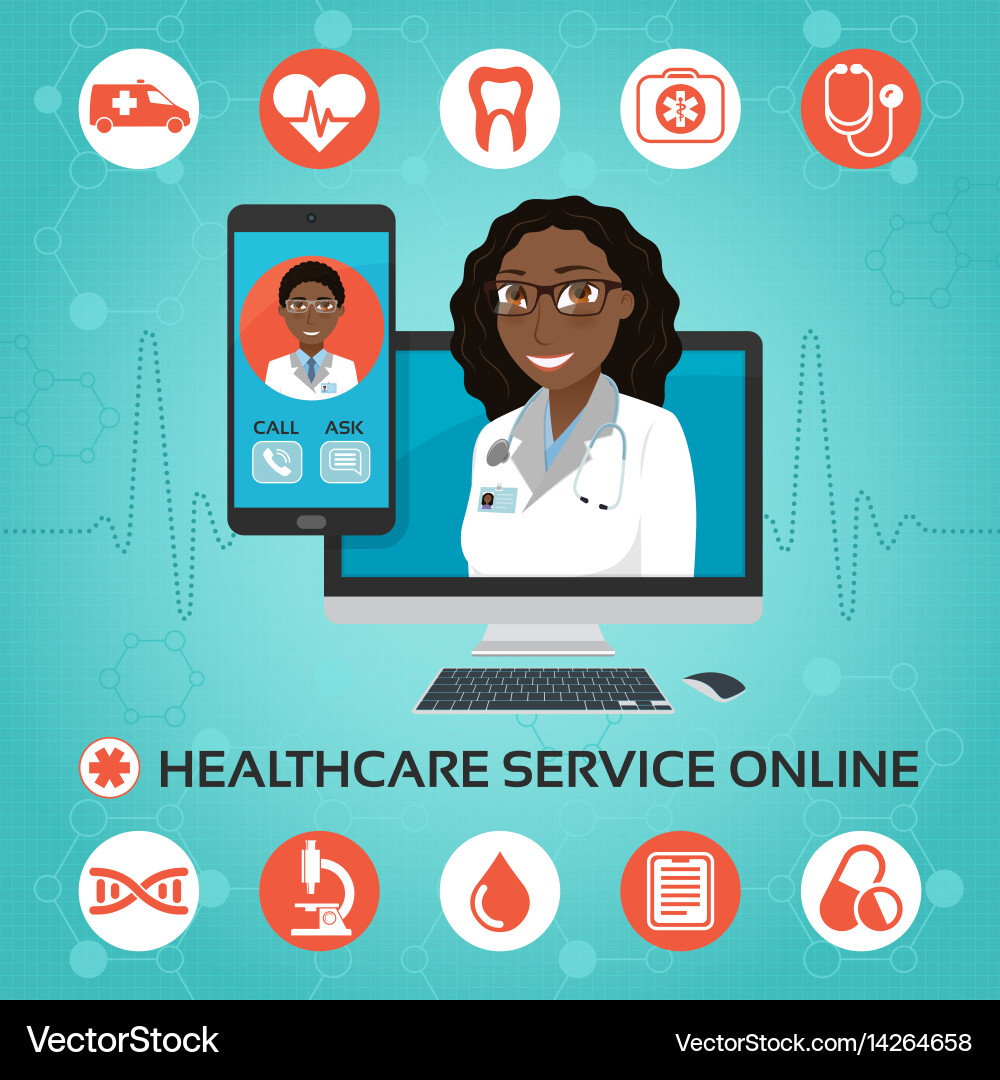Exploring the Growth of Subscription Based Healthcare in the Digital Age
Exploring the Growth of Subscription Based Healthcare in the Digital Age
Blog Article
The Increase of Subscription-Based Health Care and Its Influence On Individual Care
As healthcare develops, the subscription-based design is acquiring grip, promising to revolutionize person treatment by providing predictability and access. The possibility for these designs to improve health care shipment raises pushing concerns regarding their lasting sustainability and inclusivity. Are these membership solutions the future of healthcare, or do they take the chance of leaving vulnerable populations behind?
Comprehending Registration Healthcare Versions
Understanding the concept of subscription medical care models involves analyzing a transformative method to medical services that emphasizes price and accessibility. These designs, often described as straight medical care (DPC) or concierge medication, have emerged as ingenious choices to conventional fee-for-service health care systems. Membership medical care enables people to pay a fixed monthly or annual cost for a defined collection of clinical services, which might consist of endless workplace check outs, routine check-ups, and basic lab examinations, without the demand for standard insurance invoicing.
The structure of subscription healthcare designs is developed to improve patient treatment by removing third-party payers and intricate billing codes, thereby minimizing administrative concerns. Healthcare providers can concentrate more on client care, promoting more powerful patient-provider connections. This design likewise promotes preventative care by encouraging regular visits, as the financial barrier of per-visit costs is gotten rid of.
The registration version usually encourages doctor to handle smaller client panels, enabling more personalized treatment. It lines up monetary motivations with individual wellness results, as providers are encouraged to keep person satisfaction and health. Generally, comprehending subscription medical care designs requires identifying their prospective to reshape just how care is supplied and accessed.
Benefits for Suppliers and patients

For carriers, subscription-based designs use the possibility to grow patient-provider relationships. With a steady profits stream, healthcare specialists can dedicate even more time per person, leading to a more customized and complete treatment experience. This design likewise decreases reliance on high patient quantities, relieving fatigue and improving task fulfillment. Additionally, the emphasis on preventive treatment within membership plans can lead to far better individual results and decreased long-term medical care expenses. By focusing on continual care, service providers can address issues prior to they intensify, ultimately profiting the medical care system in its entirety by minimizing the concern on emergency and severe care solutions.
Worries and obstacles
While subscription-based health care designs present various benefits, they also come with a set of challenges and problems that have to be resolved. This elevates honest concerns about equitable accessibility to medical care solutions.
Financial sustainability of subscription-based versions is an additional issue. Suppliers should balance the fixed income from subscriptions with the variable prices of medical care services, which may rise and fall as a result of unanticipated medical needs. This can create stress to limit solutions or boost charges, potentially advice influencing individual fulfillment and care quality.
Furthermore, governing oversight of subscription-based health care models is still advancing. The absence of standard frameworks can lead to irregular service top quality and accountability, making complex efforts to make certain individual protection. Finally, the integration of modern technology-- typically a cornerstone of these versions-- raises concerns about data personal privacy and safety and security, as sensitive person info could be vulnerable to violations. Attending to these obstacles is important for the equitable and successful implementation of subscription-based health care.
Influence On Patient-Doctor Relationships
One significant impact of subscription-based health care designs on patient-doctor connections is the capacity for improved continuity and customized care. By embracing a membership design, doctors can handle a smaller sized person panel, permitting for even more specialized time with each individual. This boosted schedule promotes a deeper understanding of a person's medical background, way of living, and preferences, enabling more customized therapy strategies and treatments.

Nevertheless, it is necessary to identify that while subscription-based designs may profit those who can manage them, they might unintentionally expand healthcare differences. Individuals who are incapable to index join these designs might experience lower access to customized care, possibly impacting their partnerships with doctor. Thus, while the membership model uses promising benefits for patient-doctor relationships, it likewise poses difficulties that require to be addressed to official website make certain equitable health care gain access to.
Future of Healthcare Gain Access To

The duty of modern technology can not be overlooked in this change. Telemedicine platforms and electronic health and wellness records assist in smooth communication between patients and doctor, damaging down logistical and geographical obstacles. In addition, improvements in expert system and information analytics can additionally customize treatment by forecasting person requirements and enhancing treatment plans.
Nevertheless, the future of health care access likewise provides difficulties, such as making certain equity throughout various socio-economic groups. Policymakers and healthcare service providers should collaborate to link the electronic divide, making sure that subscription-based designs remain comprehensive and inexpensive. As these systems develop, they hold the assurance of making health care much more accessible, reliable, and patient-centric.
Verdict
Subscription-based medical care versions are improving person care by supplying a stable price structure and improving access. The rise of subscription-based health care encourages proactive person involvement, which has the potential to boost client results and contentment, signifying a transformative change in healthcare shipment.
As healthcare advances, the subscription-based design is getting traction, guaranteeing to transform individual care by using predictability and ease of access.Subscription-based medical care versions use distinct benefits for both individuals and carriers, enhancing the overall healthcare experience.As health care systems evolve, the future of medical care gain access to frequently hinges on the integration of innovative models and innovations.Subscription-based medical care versions are reshaping individual care by supplying a steady cost framework and enhancing availability. The surge of subscription-based health care motivates proactive client interaction, which has the prospective to boost patient results and fulfillment, signaling a transformative change in healthcare distribution.
Report this page